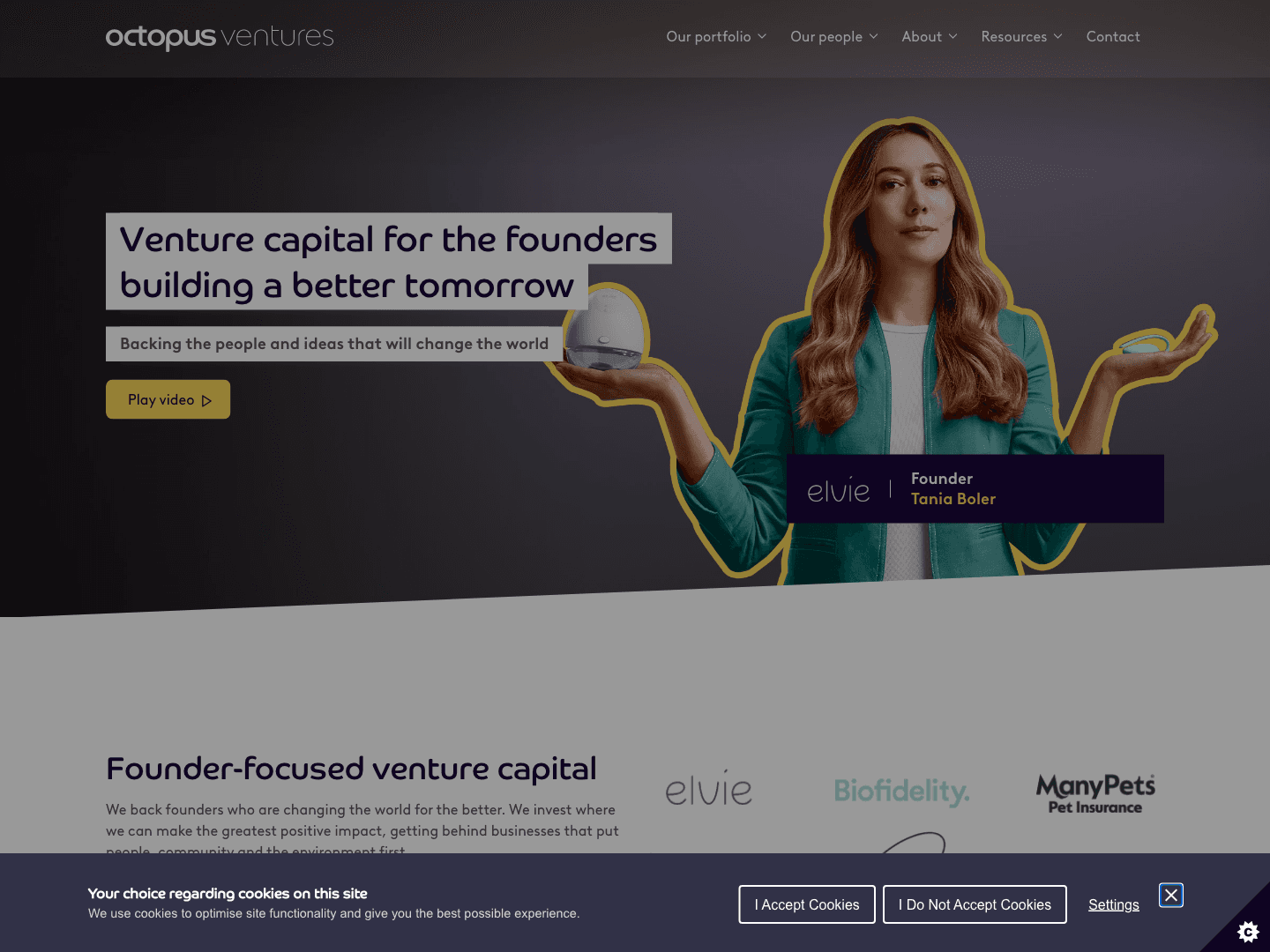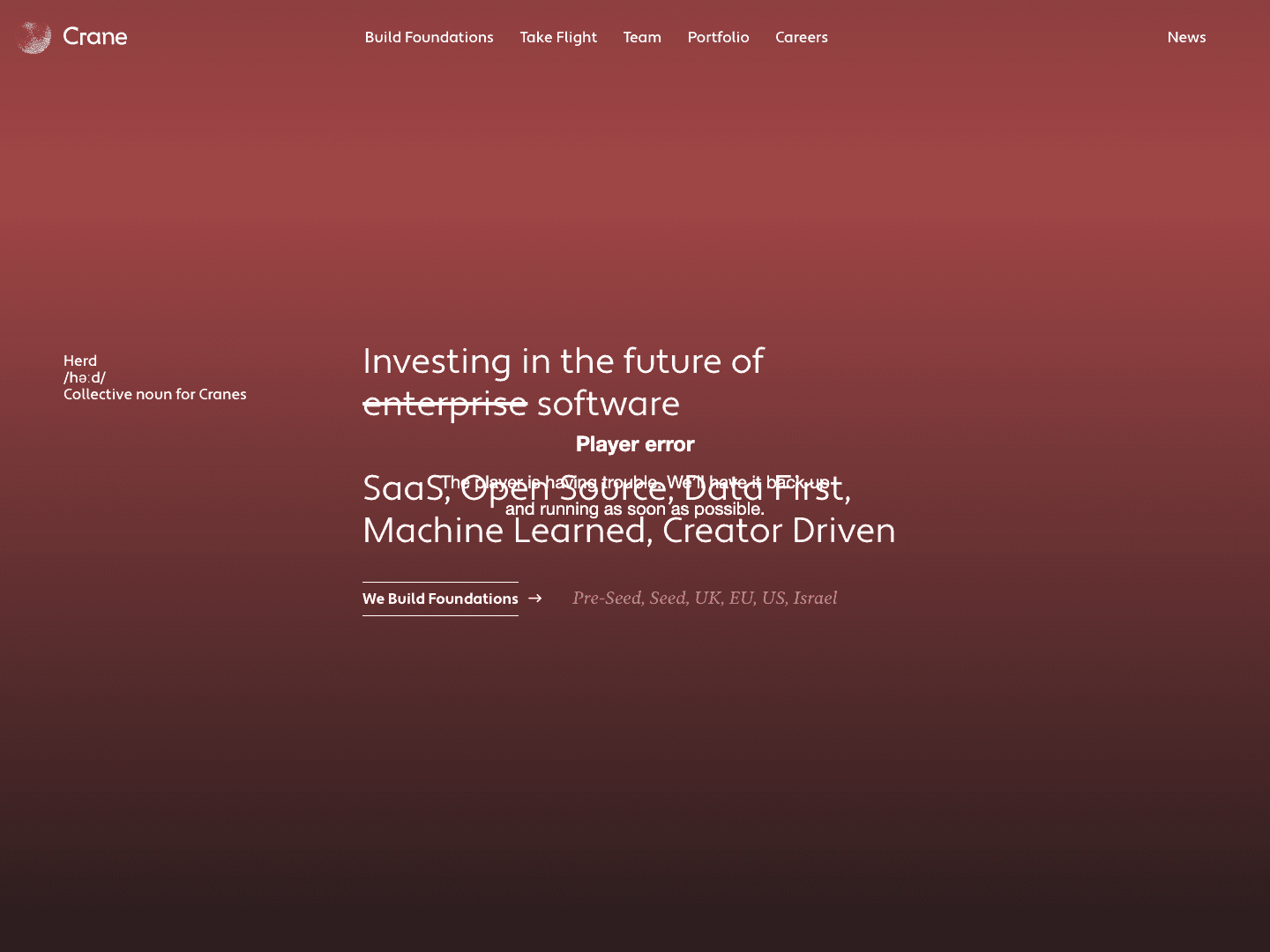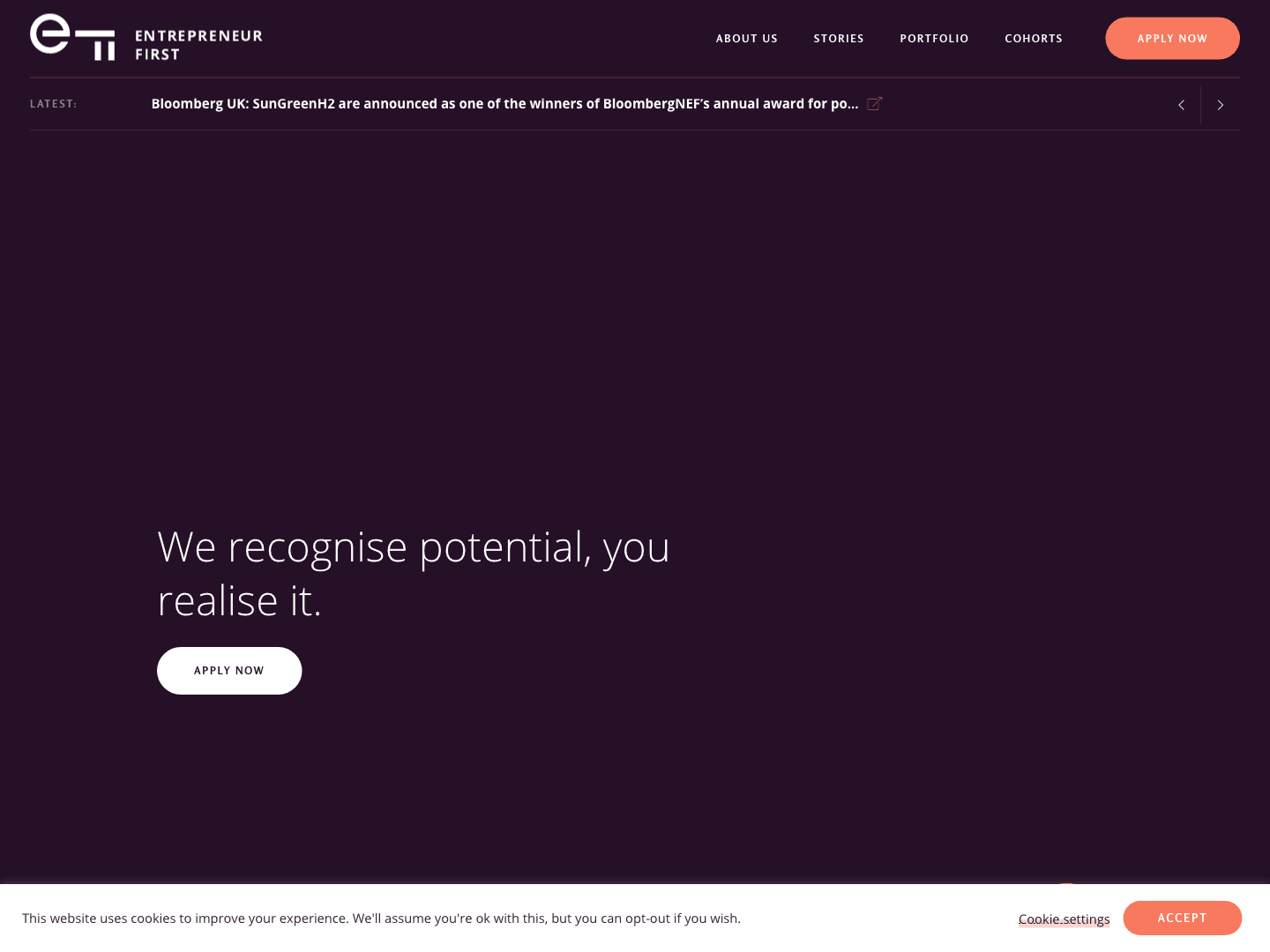Healthtech firm CoMind raises £74.48m led by Plural with LocalGlobe
This article covers a Series A round on 20 October 2025 for CoMind, a London-based health tech company that has developed an optical neuro-monitoring platform to non-invasively measure cerebral blood flow, autoregulation and intracranial pressure, founded by James Dacombe. The company raised £74.48m in a round led by Plural with participation from LocalGlobe.
What does CoMind do?
CoMind offers an optical platform that uses non-invasive sensors to monitor brain activity at the bedside. Its primary use is continuous bedside measurement of brain health indicators to support clinical monitoring and decision-making.
Why is CoMind useful?
Problem
Hospitals face risky, expensive, and invasive options to monitor brain activity and pressure in critically ill patients.
Solution
CoMind explains that it uses an optical, non-invasive neuro-monitoring platform to measure cerebral blood flow, autoregulation and intracranial pressure. This reduces reliance on risky invasive tests and supports earlier, better informed care decisions in intensive care.
How much did CoMind raise?
CoMind raised more than £74.5m ($100m) in a Series A round led by Plural, alongside investor Angelini Ventures and other existing backers. This makes it the 3rd largest funding round in October 2025 (53 recorded). By size, the round comes in 29th for 2025 (525 recorded) in the Startupmag database, as of 20 October 2025.
For details on how Startupmag compiles its rankings, view our Methodology.
Who invested in CoMind?
The key investors were:
- Plural: A venture capital group set up by entrepreneurs including Wise co-founder Taavet Hinrikus, investing in technology startups.
- Angelini Ventures: The corporate venture arm of the Angelini group that invests in healthcare and life sciences companies.
- LocalGlobe: A UK seed and early-stage venture firm that invests in technology startups, primarily across the UK and Europe.
- Octopus Ventures: A venture capital firm that invests in early-stage companies across consumer, health and deep tech sectors.
- Crane Venture Partners: A venture capital firm investing in deep-tech and hardware-focused startups, primarily in the UK and Europe.
- BACKED VC: An early-stage venture firm that invests in founder-led software and technology startups.
- Entrepreneurs First: A company-builder and investor that backs founders at pre-seed and seed stages, operating across multiple geographies.
In the funding announcement, Taavet Hinrikus from Plural said:
This is only the beginning. CoMind plans to expand its product portfolio to measure additional physiological parameters and develop CoVision, an AI platform that transforms sensor data into predictive insights, identifying complications early and personalising treatment.
If you're researching potential backers in this space:
- Explore our list of healthtech venture capital firms in the UK
- Browse our directory of healthtech angel investors in the UK
Who founded CoMind?
James Dacombe is the founder of CoMind.
Where is CoMind based?
CoMind is based in London, UK.
What sector is CoMind in?
CoMind operates in the health technology sector. The sector makes devices and software to prevent, diagnose and treat illness. In simple terms, it uses technology to help doctors and patients.
Key trends and challenges in Healthtech:
Non-invasive brain monitoring
Optical and wearable sensors can measure cerebral blood flow and pressure without surgery, reducing patient risk.
Regulatory and clinical validation
Devices often require FDA or MHRA clearance and large clinical trials before intensive care adoption.
AI-driven prediction and explainability
AI models aim to predict complications early, but require transparent algorithms and good quality data to be trusted.
For a deeper look at innovation in this space, see the healthtech startups in the UK.
They've invested in CoMind
Get to know these healthtech investors
| Investor | Sector | Stage | Activity | Team | Connect |
|---|---|---|---|---|---|
 Plural | 9 investments investments | 5 contacts contacts | |||
 Angelini Ventures | 1 investment investment | more info | |||
 LocalGlobe | 28 investments investments | 12 contacts contacts | |||
 Octopus Ventures | 49 investments investments | 14 contacts contacts | |||
 Crane Venture Partners | 3 investments investments | 7 contacts contacts | |||
 BackedVC (BACKED VC) | 29 investments investments | 3 contacts contacts | |||
 Entrepreneur First (Entrepreneurs First) | 15 investments investments | 10 contacts contacts |
Click here for a full list of 7,526+ startup investors in the UK
